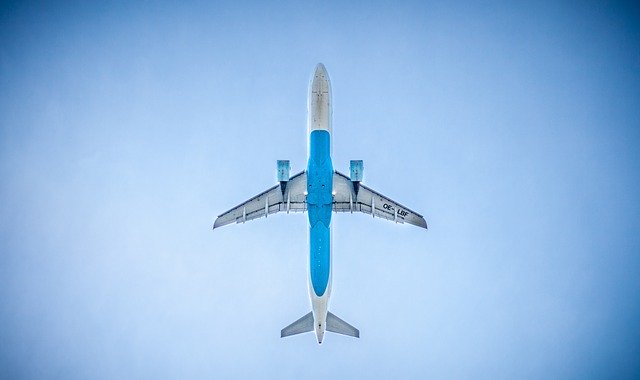The International Air Transport Association has announced that the post-COVID recovery momentum continued in June for passenger markets.
Total traffic in June 2023 (measured in revenue passenger kilometers or RPKs) rose 31.0 per cent compared to June 2022.
Globally, traffic is now at 94.2 per cent of pre-COVID levels. For the first half of 2023, total traffic was up 47.2 per cent compared to the year-ago period.
Domestic traffic for June rose 27.2 per cent compared to the same month a year ago and was 5.1 per cent above the June 2019 results. Domestic demand was up 33.3 per cent in the 2023 first half compared to a year ago.
International traffic climbed 33.7 per cent versus June 2022 with all markets showing robust growth.
International RPKs reached 88.2 per cent of June 2019 levels. First half 2023 international traffic was up 58.6 per cent over the first half of 2022.
“The northern summer travel season got off to a strong start in June with double-digit demand growth and average load factors topping 84 per cent,” says IATA director general Willie Walsh.
“Planes are full which is good news for airlines, local economies, and travel and tourism dependent jobs. All benefit from the industry’s ongoing recovery.”
Asia-Pacific airlineshad a128.1 per cent increase inJune 2023 traffic compared to June 2022, easily the largest percentage gain among the regions. Capacity climbed 115.6 per cent and the load factor increased by 4.6 percentage points to 82.9 per cent.
Australia’sdomestic traffic slipped 1.7 per cent in June compared to a year ago. It was the only domestic market to see a year-over-year traffic decline in June, although traffic remained 3.9 per cent above pre-pandemic levels.
“As strong as travel demand has been, arguably it could be even stronger,” says Willie.
“Demand is outrunning capacity growth. Well documented problems in the aviation supply chain mean that many airlines have not taken delivery of all the new, more environmentally friendly aircraft they had expected, while numerous aircraft are parked awaiting critical spare parts.
“And, for the fleet that is in service, some air navigation service providers (ANSPs) are failing to deliver the requisite capacity and resilience to meet travel demand.
“Delays and trimmed schedules are frustrating for both passengers and their airlines. Governments cannot continue to ignore the accountability of ANSPs in places where passenger rights regimes place the brunt of accountability on airlines.”



